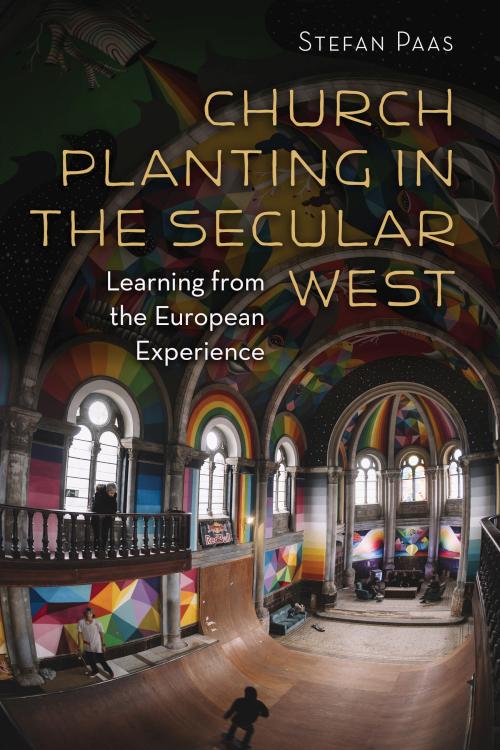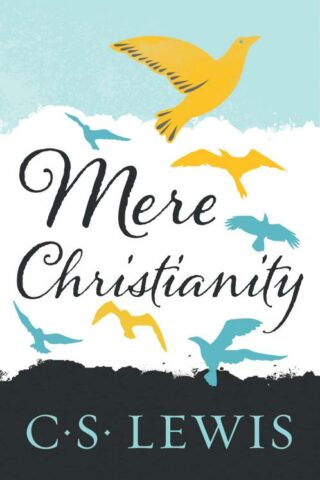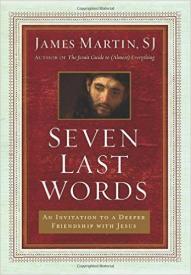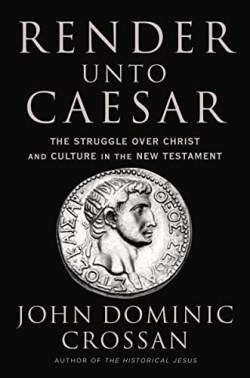Church Planting In The Secular West
$37.99
An expert study of church planting in the most secular part of contemporary Europe
In this book Stefan Paas offers thoughtful analysis of reasons and motives for missionary church planting in Europe, and he explores successful and unsuccessful strategies in that post-Christian secularized context.
Drawing in part on his own involvement with planting two churches in the Netherlands, Paas explores confessional motives, growth motives, and innovation motives for church planting in Europe, tracing them back to different traditions and reflecting on them from theological and empirical perspectives. He presents examples from the European context and offers sound advice for improving existing missional practices. Paas also draws out lessons for North America in a chapter coauthored with Darrell Guder and John Franke. Finally, Paas weaves together the various threads in the book with a theological defense of church planting.
Presenting new research as it does, this critical missiological perspective will add significantly to a fuller understanding of church planting in our contemporary context.
in stock within 3-5 days of online purchase
SKU (ISBN): 9780802873484
ISBN10: 0802873480
Stefan Paas
Binding: Trade Paper
Published: November 2016
Gospel and Our Culture
Publisher: William B. Eerdmans Publishing Co.
Print On Demand Product
Related products
-
Mere Christianity
$17.99Add to cartArguably the 20th century’s most influential Christian writer, C.S. Lewis sought to explain and defend the beliefs that nearly all Christians at all times hold in common. His simple yet deeply profound classic, originally delivered as a series of radio broadcasts, is a book to be thoroughly digested by believers and generously shared with skeptics. Paperback with French f laps and deckled page edges.
-
7 Last Words
$18.99Add to cartBased on his talks at New York’s St. Patrick’s Cathedral on Good Friday 2015, the New York Times bestselling author and editor at large of America magazine offers a portrait of Jesus, using his last words on the cross to reveal how deeply he understood our predicaments, what it means to be fully human, and why we can turn to Christ completely, in mind, heart, and soul.
Each meditation is dedicated to one of the seven sayings:
*”Father, forgive them, for they do not know what they do.”
*”Today you will be with me in Paradise.”
*”Woman, this is your son” . . . “This is your mother.”?
*”My God, my God, why have you forsaken me?”?
*”I thirst.”?
*”It is finished.”?
*”Father, into your hands I commend my spirit.”With the warmth, wisdom, and grace that infuse his works, Father James Martin explains why Jesus’s crucifixion and death on the cross is an important teaching moment in the Gospels. Jesus’s final statements, words that are deeply cherished by his followers, exemplify the depth of his suffering but also provide a key to his empathy and why we can connect with him so deeply.
-
Render Unto Caesar
$28.99Add to cartThe revered Bible scholar and author of The Historical Jesus explores the Christian culture wars–the debates over church and state–from a biblical perspective, exploring the earliest tensions evident in the New Testament, and offering a way forward for Christians today.
Leading Bible scholar John Dominic Crossan, the author of the pioneering work The Historical Jesus, provides new insight into the Christian culture wars which began in the New Testament and persist strongly today.
For decades, Americans have been divided on how Christians should relate to government and lawmakers, a dispute that has impacted every area of society and grown more rancorous over the past forty years. But as Crossan makes clear, this debate isn’t new; it can be found in the New Testament itself, most notably in the tensions between Luke-Acts and Revelations.
In the texts of Luke-Acts, Rome is considered favorably. In the book of Revelations, Rome is seen as the embodiment of evil in the world. Yet there is an alternative to these two extremes, Crossan explains. The historical Jesus and Paul, the earliest Christian teachers, were both strongly opposed to Rome, yet neither demonized the Empire.
Crossan sees in Jesus and Paul’s approach a model for Christians today that can be used to cut through the acrimony and polarization roiling our society and dividing us.






Reviews
There are no reviews yet.